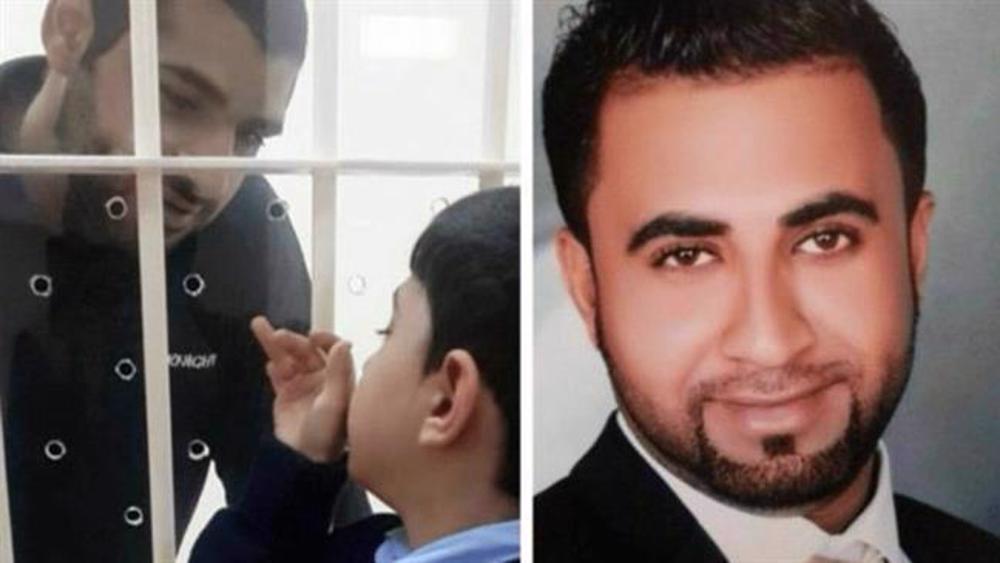Alwaght- Bahraini regime rejected the United Nations rights watchdog's call for releasing and compensating two political activists facing death sentences.
Bahraini security forces detained Hussain Moosa, 34, and Mohamed Ramadhan, 37, in February 2014, after accusing them of attacking police “with terrorist purpose,” and an alleged bombing that year in the village of al-Dair that led to the death of a policeman.
Late that year, Moosa, a hotel employee, and Ramadhan, a security guard at Bahrain International Airport, were initially handed down death sentences by a criminal court.
Both activists appealed the sentences and the case was referred to the High Criminal Court of Appeals, which confirmed the verdicts in March 2015. Eight months later, the case reached the Court of Cassation that upheld the rulings.
The death sentences were later overturned after the emergence of a previously undisclosed medical report by the Bahraini Interior Ministry. The report appeared to corroborate assertions that both men had been tortured to give false confessions.
Nevertheless, an appeals court finally reinstated the death penalties in January last year, and in July that year, Bahrain’s Court of Cassation upheld the sentences against the two anti-regime activists.
On Thursday, the UN Working Group on Arbitrary Detention, in a report, confirmed that the two men had been “tortured during their interrogations and forced to sign confessions.”
It also called on Manama to “immediately release” both men as “the appropriate remedy” and “accord them an enforceable right to compensation and other reparations.”
However, a spokesman of the Bahraini government told AFP in a written statement on Sunday that both activists were allegedly convicted of serious criminal offenses.
The spokesman also cited Bahraini officials as criticizing the UN rights watchdog's report, saying it was “disappointing ... that (the working group) saw fit to publish such a one-sided and misinformed report.”
The Bahraini official further claimed that both Moosa and Ramadhan “received fair trials with full access to an appeals process, which they have now exhausted.”
According to the UN panel of five experts, Ramadhan and Moosa have been detained on discriminatory grounds based on their political opinion, for having participated in pro-democracy protests.
Back in July 2020, 16 international and Bahraini human rights groups called on Bahrain’s King Hamad bin Isa Al Khalifa to commute the death sentences handed down to the duo, stressing that the pair who suffered alleged torture were not afforded a fair trial.
In Bahrain, anti-regime people demand that the Al Khalifah dynasty relinquish power and allow a just system representing all Bahrainis to be established. Manama has gone to great lengths to clamp down on any sign of dissent, though.
On March 5, 2017, Bahrain’s parliament approved the trial of civilians at military tribunals in a measure blasted by human rights campaigners as being tantamount to the imposition of an undeclared martial law countrywide.
King Hamad ratified the constitutional amendment on April 3, 2017.



























